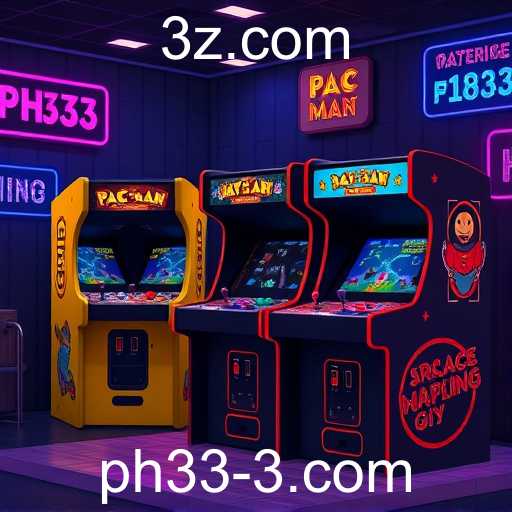Exploring the rise of online gaming communities through platforms like ph33.com, reflecting on the dynamics and trends shaping the landscape in 2025.
As we advance into 2025, the evolution of online gaming communities continues to reshape the digital landscape. Websites such as ph33.com play a pivotal role in connecting gamers across the globe, offering a platform for interaction, competition, and collaboration. The rise of these communities can be attributed to several factors, including advancements in technology, the increasing accessibility of the internet, and a growing cultural acceptance of gaming as a legitimate form of entertainment and social interaction.
Ph33.com has emerged as a prominent English game website that fosters an engaging environment for gamers to thrive. Its success lies in its ability to adapt to the dynamic needs of its users, providing a wide array of games, forums for discussion, and tools for virtual collaboration. This platform has become a digital hub where enthusiasts can share strategies, compete in tournaments, and build lasting connections with fellow players.
In 2025, gaming communities are not just about playing games; they are about creating experiences and narratives that transcend traditional entertainment. The interaction within these communities allows individuals to express themselves, building unique identities and stories that are celebrated among peers. According to recent reports, such social dynamics have been pivotal in attracting a more diverse audience, breaking gender and age barriers that once existed in the gaming world.
Moreover, the integration of artificial intelligence and augmented reality in gaming has further enriched the user experience on platforms like ph33.com. Gamers can now immerse themselves in virtual worlds with unparalleled realism, enhancing both the competitiveness and camaraderie within these digital spaces. As technology continues to advance, it’s expected that these communities will evolve even further, perhaps incorporating more personalized experiences and interactive technologies.
Commentary on the current trends suggests that the future of gaming communities will likely involve a deeper blend of social networking elements, offering gamers more control over their interactions and shared experiences. This could mean more decentralized platforms, driven by user-generated content and powered by emerging technologies such as blockchain to ensure security and authenticity in gaming interactions.
In conclusion, as online gaming websites like ph33.com continue to grow and adapt, they offer a fascinating glimpse into a future where the integration of technology and community can lead to richer, more immersive experiences. These trends not only highlight the entertainment value of gaming but also underscore its role as a significant cultural touchstone in the digital era.




